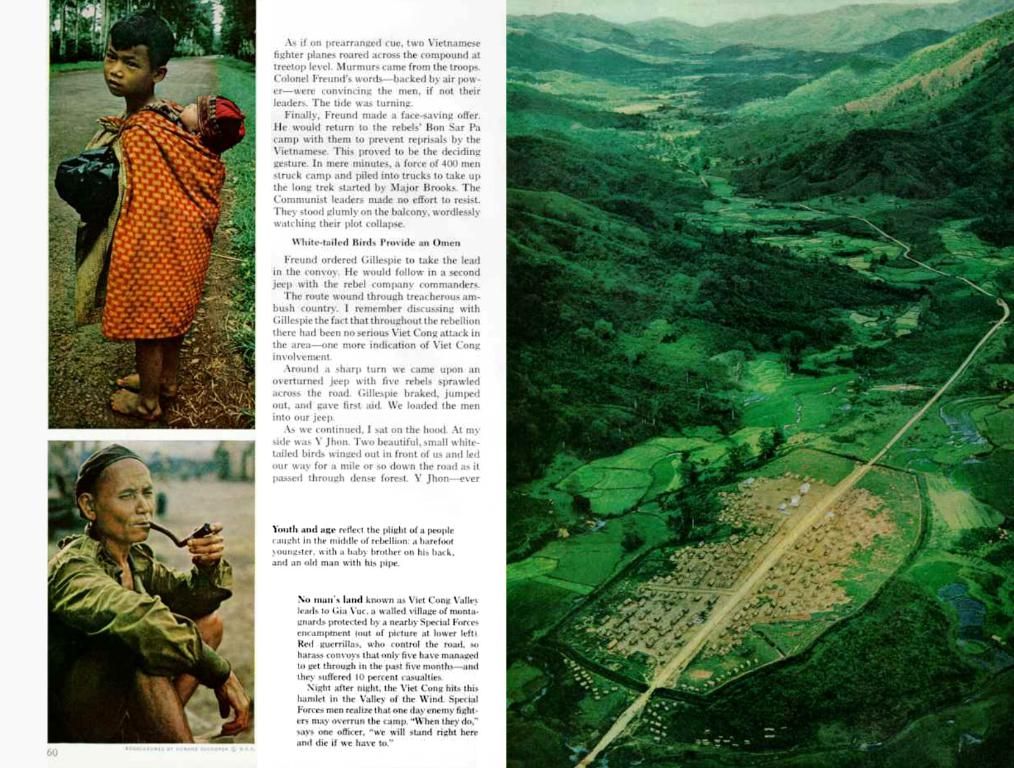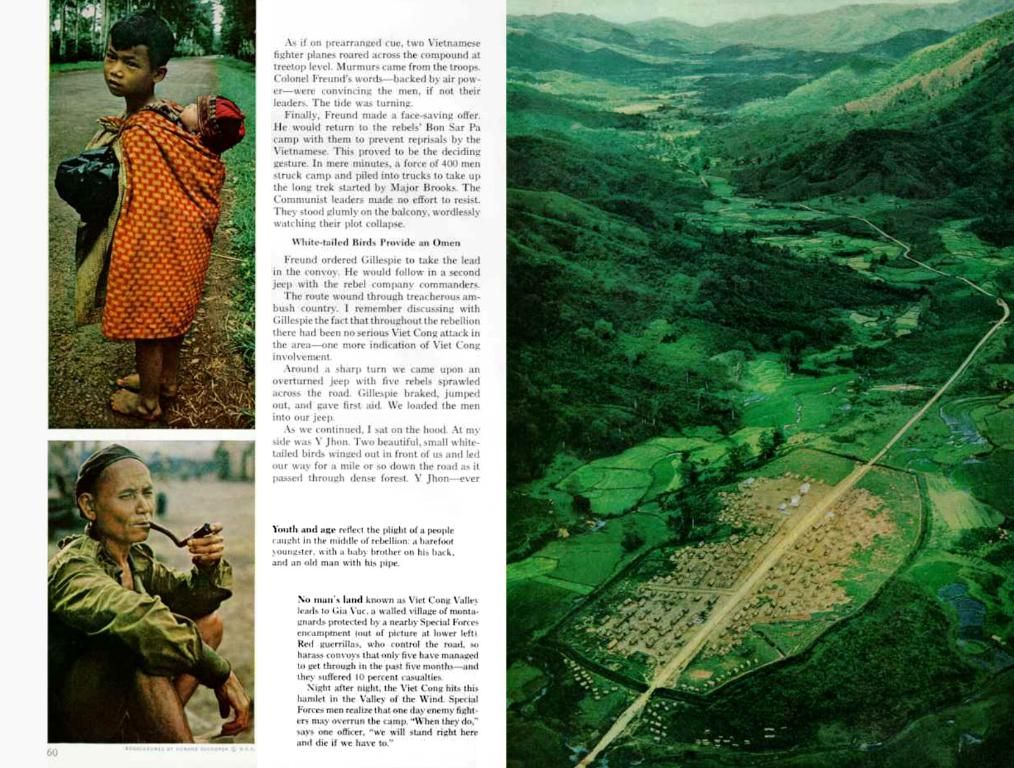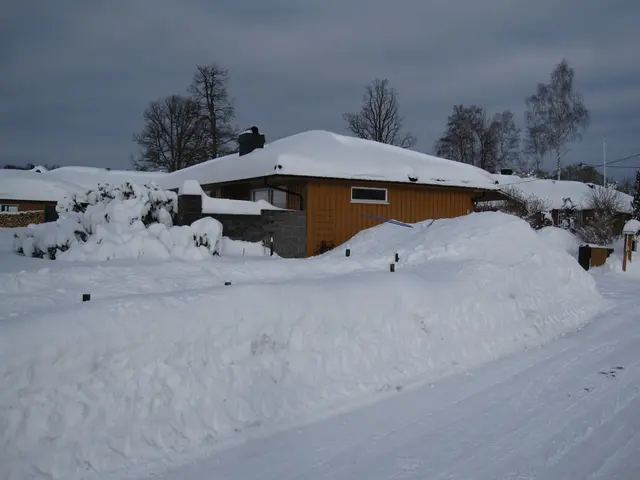Churches Push for Legitimate Pathways for Climate Displaced Individuals in Dubai Conclave
In anticipation of the approaching World Climate Conference in Dubai, churches within Baden-Württemberg have advocated for the creation of viable migration avenues for climate-displaced people. This conference presents an opportunity to address climate-driven displacement, the four main churches shared on Thursday, stressing the need for safeguarding basic human rights and catering to the needs of the affected, particularly those from the Global South who are disproportionately affected by climate change.
The COP28 summit, set to take place from November 30 to December 12 in the United Arab Emirates, will welcome Pope Francis for his inaugural attendance.
Freiburg's Archbishop, Stephan Burger, urged the necessity of establishing a legal foundation that would allow climate catastrophe victims to find secure homes in foreign countries. "Given their substantial contribution to human-induced climate change, industrialized nations in the northern hemisphere harbor a special responsibility in this regard," he emphasized.
By encouraging industrialized nations to extend legal migration routes to climate-affected individuals, Archbishop Burger's appeal focuses on their role in causing climate change. At the COP28 summit, conversations about addressing climate-triggered displacement and safeguarding the rights of refugees from climate-vulnerable regions are expected to be major topics.
Enrichment Insights
While specific initiatives regarding legal migration routes at the COP28 summit in Dubai are not delineated in the original sources, broader discourses around climate migration and the need for legal recognition and protection of climate refugees can be inferred:
- Climate Migration and Legal Recognition:
- The omnipresence and necessity for global action in relation to climate migration is addressed, with an emphasis on the absence of legal recognition for climate migrants under international law, prompting calls to expand definitions of refugee status or establish new classification categories for climate refugees.
- Global Frameworks and Initiatives:
- A global fund concept aimed at supporting countries encountering climate-induced displacement is proposed, emphasizing the need for enhanced regional cooperation mechanisms to tackle shared challenges related to cross-border movements provoked by climate change.
- UAE's Role in Climate Resilience:
- The UAE adopted the UAE Framework for Global Climate Resilience at COP28, aiming to strengthen adaptive capacity, bolster resilience, and decrease vulnerability to climate change, but this framework does not explicitly focus on legal migration routes for climate refugees.
- Human Rights in the UAE:
- Human rights in the UAE, amidst constraints on democratic institutions and liberties, are discussed. Understanding the broader political and human rights landscape is crucial for contextualizing climate migration discussions.
- Climate Refugees and Global Accountability:
- The term "climate refugee" is emphasized, highlighting the necessity for inclusive, clear frameworks to safeguard those displaced by climate change. This involves addressing global accountability and equity, particularly in how industrialized nations' carbon emissions disproportionately impact poor communities in the Global South.








